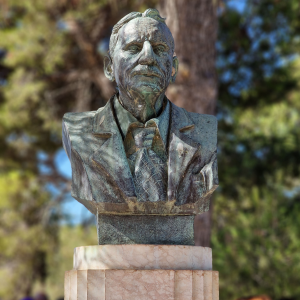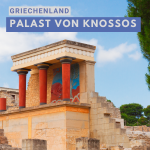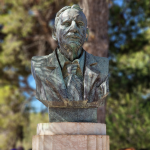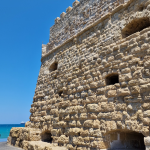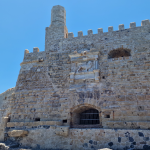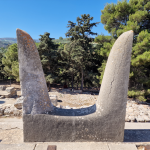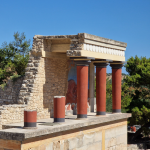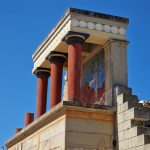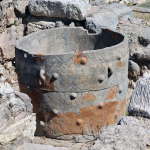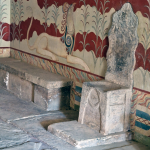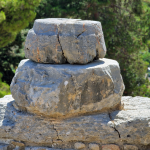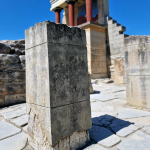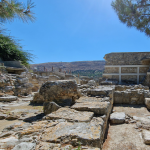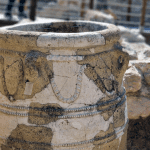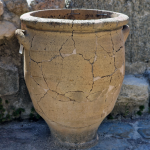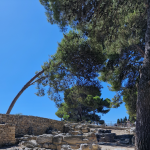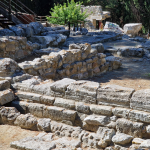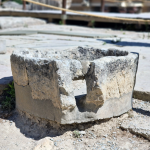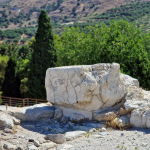Sir Arthur Evans (1851-1941) was a British archaeologist and historian best known for his pioneering work in the discovery, excavation and exploration of the Palace of Knossos in Crete. His work had a significant impact on our understanding of Minoan civilization and early Greek history.
Here is some important information about Arthur Evans
- Early Life and Education: Arthur Evans was born on July 8, 1851 in Nash Mills, Hertfordshire, England. He came from a wealthy and educated family. He attended Harrow School and studied Classics and History at Exeter College, Oxford University.
- Early archaeological interests: From an early age, Evans showed an interest in archeology and history. He made trips to Europe and North Africa to visit and study ancient sites.
- Work in Crete: Evans' most significant achievement was undoubtedly his work on Crete. From 1899 he began systematic excavations on Palace of Knossos. Here he introduced new methods of archaeological research, which are now considered modern. He developed the method of stratigraphic excavation, in which layers of archaeological remains are examined chronologically to reconstruct a site's history.
- Discoveries and Recovery: During the excavations at Knossos, Evans uncovered numerous remains including frescoes, pottery, jewelry and other artefacts. He also began partial reconstruction of the palace to better understand its structure and design. However, this has also been criticized as some archaeologists later questioned the level of reconstruction.
- Meaning: Through his work at Knossos, Evans shaped the modern understanding of Minoan culture and promoted recognition of its importance to ancient Greek history. He named the Minoan civilization after the mythical King Minos and was instrumental in shaping the image of Minoan culture and its artistic and technological achievements.
- Criticism and controversy: While Evans' work has been highly regarded, there have also been criticisms of his reconstructions and interpretations. Some archaeologists and historians have had concerns about the accuracy and impact of his restoration efforts.
- Later years and legacy: Arthur Evans spent most of his life researching and studying Minoan culture. He died on July 11, 1941 in Youlbury, Oxfordshire, England. However, his work and contributions to archeology and history continue to be valued and have influenced modern understanding of ancient Greek civilization.
Arthur Evans' devotion to archeology and his involvement in the study of the Palace of Knossos have had an enduring impact on the way we understand Minoan culture and its importance in the development of European civilisation.

Passionate "phone clipper". Currently with mine Samsung Galaxy S22 Ultra. A great phone with XNUMX TB of storage. Lots of space for experiments. My favorite subjects are plants, Eat & drink, animals, Buildings and Landscapes.
Otherwise, I like to spend my time in nature and sometimes hang out on the PC, with a cozy round Civ or Star Citizen, away. A series is also often sought after on the couch in the evening.

